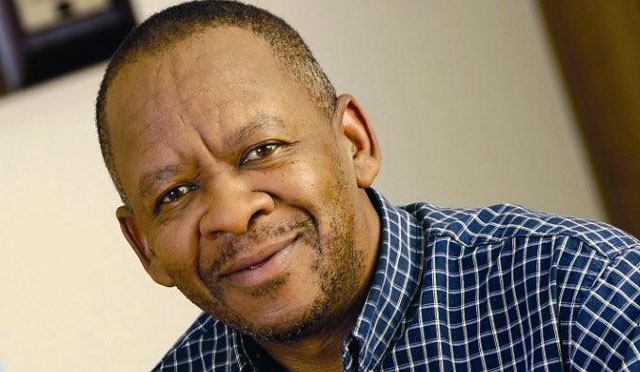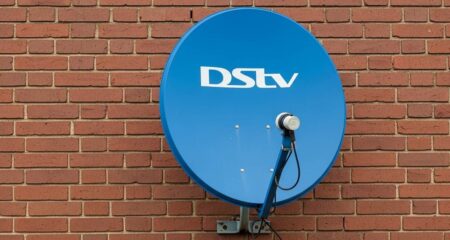
Parliament may ask the new SABC board, once it has been appointed later this year, to conduct a forensic audit into a controversial channel supply agreement between the public broadcaster and commercial pay-television operator MultiChoice.
The proposal is contained in a draft working document to be discussed later this week by members of the parliamentary inquiry looking into the SABC board’s fitness to hold office.
According to a report by News24, the deal between the two companies had “various defects and the contract was suspicious”.
The new board must institute an investigation with the “specific aim of considering annulment of the agreement in the event of evidence of any improper activities”, the working document says.
The contentious 2013 agreement, worth more than half a billion rand, is for the supply of a 24-hour news channel and a 24-hour entertainment channel for MultiChoice’s DStv platform.
Former SABC chief operating officer Hlaudi Motsoeneng was reportedly paid millions for securing the deal with MultiChoice, despite widespread misgivings about its value to the public broadcaster.
The agreement controversially stated that the SABC would not broadcast any of its channels over an encrypted terrestrial signal. MultiChoice has been engaged in a years-long legal war with rival e.tv over whether free-to-air terrestrial television broadcasts should be encrypted. That fight is expected to reach a conclusion in the coming months, with the matter to be heard at the constitutional court in February.
The stipulation in the contract around encryption rendered it unlawful, News24 quoted parliament’s working document as saying. There were other problems with the agreement, including that the person who signed off on it for the SABC was not authorised to do so, the website reported.
MultiChoice has previously strongly defended its deal with the SABC, saying it did not force the SABC to agree not to carry its free-to-air channels on broadcasting platforms that use encryption and has said the clause to this effect in the channel supply agreement was not contingent on the deal going ahead.
In an interview in 2015 with TechCentral, MultiChoice executive chairman Nolo Letele contended that the SABC deal was “in no way different” to any other channel supply agreement the company had entered into with other broadcasters. He has described the suggestion that MultiChoice had hijacked the SABC as “without substance and quite ridiculous”.
MultiChoice is opposed to encryption in digital terrestrial television, saying it will amount to unfair competition from prospective pay-TV rivals who could piggyback off government’s plan to subsidise 5m set-top boxes in poorer households. It has argued that encryption will make migration more expensive and ultimately is not in consumers’ best interests.
Rival e.tv has warned that encryption is crucial to ensure free-to-air broadcasters can get access to the best content, including content in high-definition, and that without it, the sector risked becoming “ghettoised”.

In the 2015 interview, Letele said that MultiChoice did not insist that the contentious clause about encryption be included in the SABC agreement for the deal to go ahead. The deal is worth more than R100m/year to the SABC over five years, but Letele said the encryption clause was “always at [the SABC’s] discretion” and not including it “would not have scuppered the deal”.
Letele also hit back at claims that MultiChoice had bought the SABC’s archive.
“This contract must be distinguished from a scenario where a broadcaster buys your archive library lock, stock and barrel. This is very different,” he said in the interview. “We have acquired the right to broadcast a channel. The packaging and editorial decision making on the content is the sole responsibility of the SABC.”
The SABC was “entirely at liberty to license this content to other parties”, he said. — © 2017 NewsCentral Media




